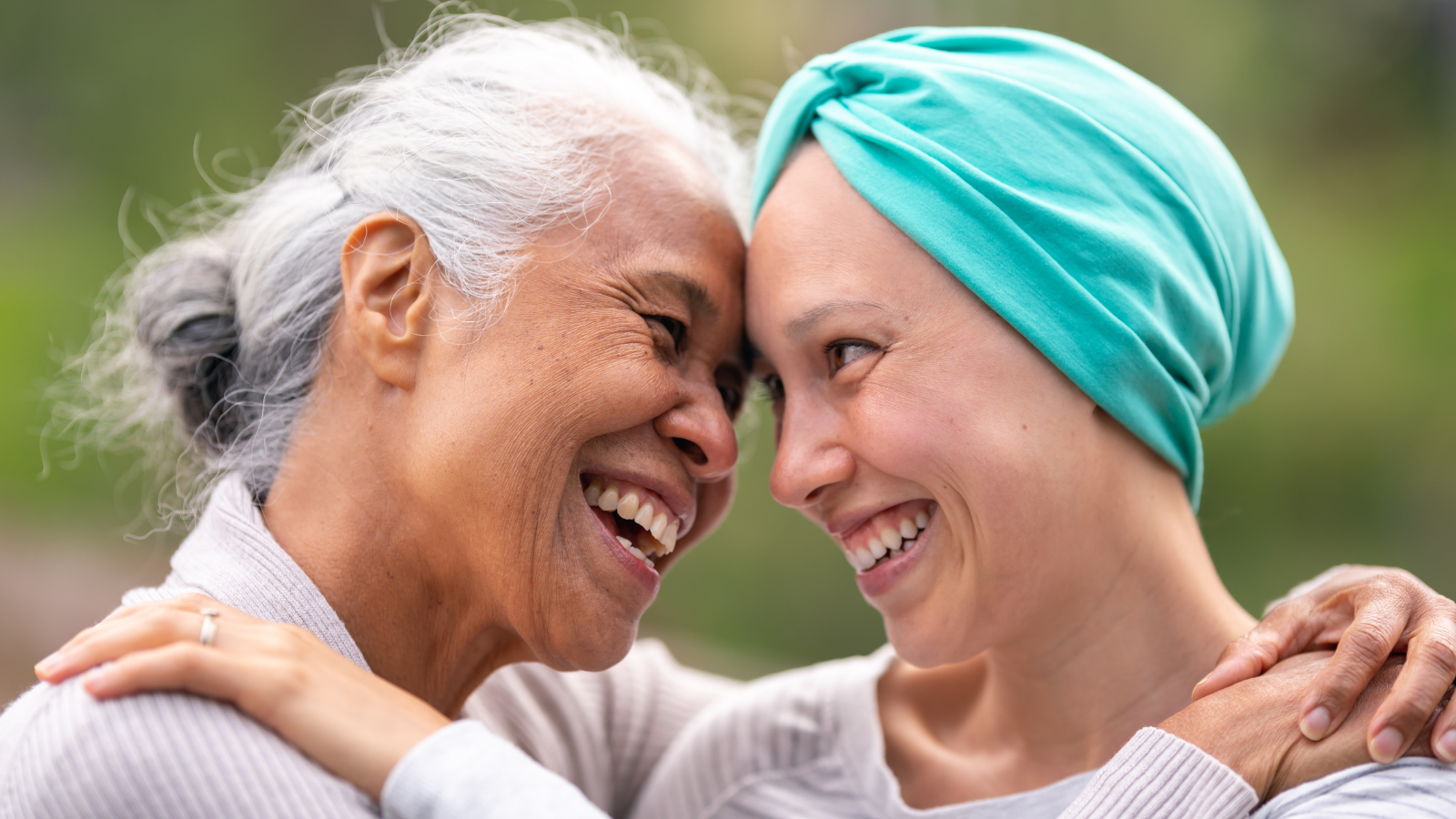Flu and Cancer Patients/Cancer Survivors

While cancer itself does not put people at risk of flu, flu vaccination is necessary for people living with cancer and their loved ones to help prevent complications and delays in cancer treatment.
Risks of Flu Illness for People with Cancer
- While undergoing chemotherapy, bone marrow transplants, and/or stem cell transplants, treatments can weaken the immune system
- People with weakened immune systems are more likely to have flu complications because they have less immunity overall
- Lymphoma patients, in particular, can have difficulty creating antibodies against the flu even when they get vaccinated
- Flu vaccination for the entire family is key to protecting vulnerable individuals

Aviva died from the flu only nine months after receiving
a stem cell transplant to treat her lymphoma.
Read Aviva's story
Flu Vaccines for People with Cancer and Cancer Survivors
- During chemotherapy, vaccination is recommended anytime, but it may be best between cycles or 2 weeks before treatment starts
- Although cancer patients may have a weaker response to flu vaccination, flu vaccination can still be protective
- Because transplantation lowers the number of immune cells in the body that can defend against the flu, your doctor may recommend waiting 4 to 6 months after the transplant or receiving the flu vaccine well before transplantation
- People currently living with cancer should not receive the nasal spray flu vaccine because it contains live viruses
- Family, friends, and caretakers of those with cancer should also be vaccinated against flu to protect cancer patients who have a weakened immune system

